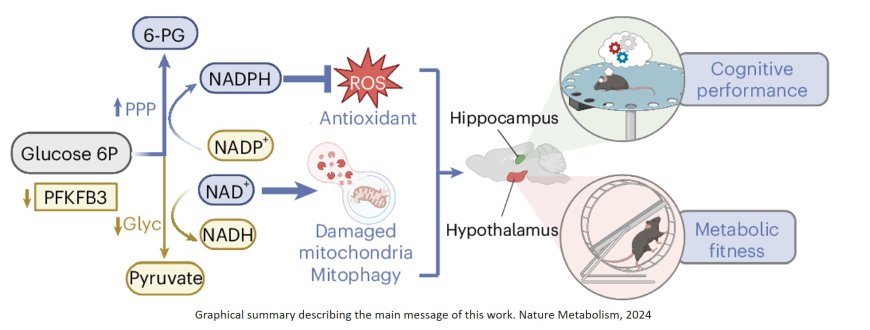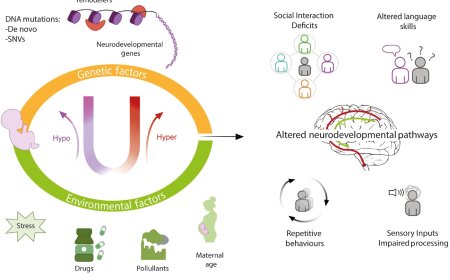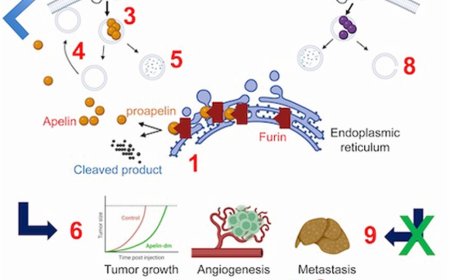Weak neuronal glycolysis sustains cognition and organismal fitness

Glucose plays a major role in maintaining brain activity, but how low glycolytic activity sustains brain metabolism is not clear.
The researchers show that in neurons, low 6-phosphofructo-2-kinase–fructose2,6-bisphosphatase-3 (PFKFB3) abundance keeps glycolysis (Glyc) attenuated (which preserves NAD+-dependent mitophagy) and boosts the pentose-phosphate pathway (which regenerates NADPH(H+) to prevent redox stress.
They also demonstrate that Pfkfb 3 expression in neurons leads to an accumulation of anomalous mitochondria, complex I disassembly, bioenergetic deficiency and mitochondrial redox stress.
These mice displayed cognitive decline and a metabolic syndrome that was mimicked by confining Pff3 expression to hypothalamic neurons. Also, neuron-specific genetic ablation of mitochondrial redox stress or brain NAD+ restoration corrected these behavioural alterations.
https://www.nature.com/articles/s42255-024-01049-0
https://sciencemission.com/Weak-neuronal-glycolysis-sustains-cognition-and-organismal-fitness












